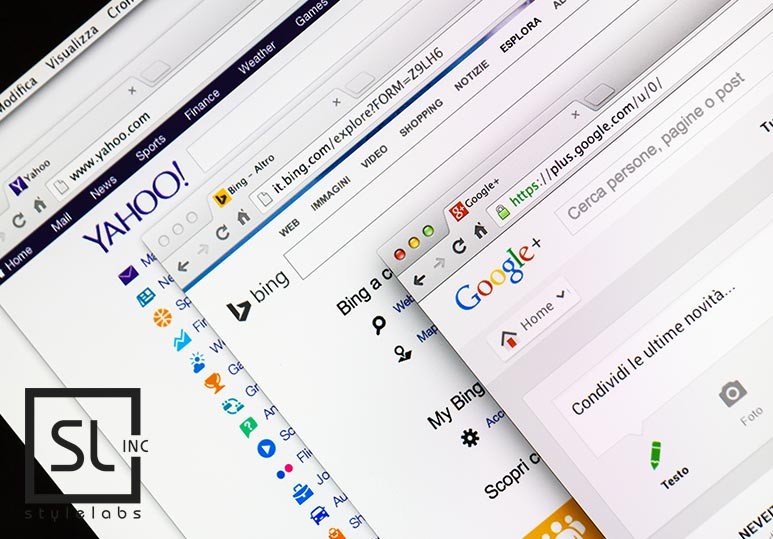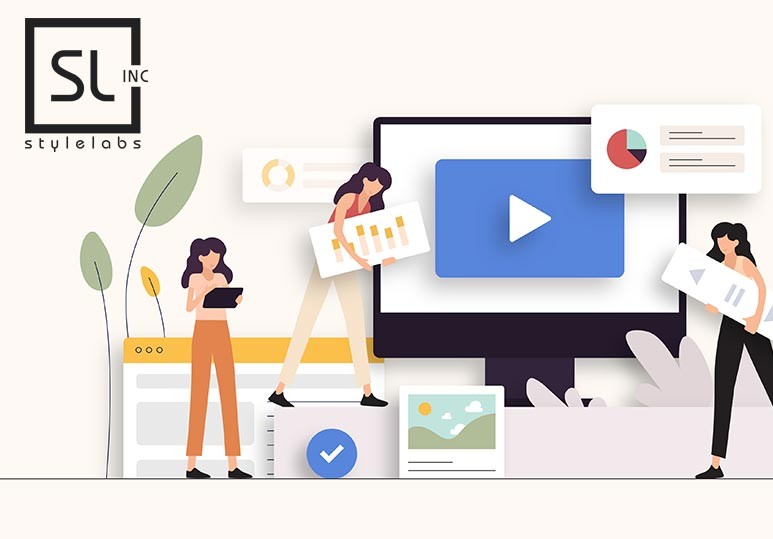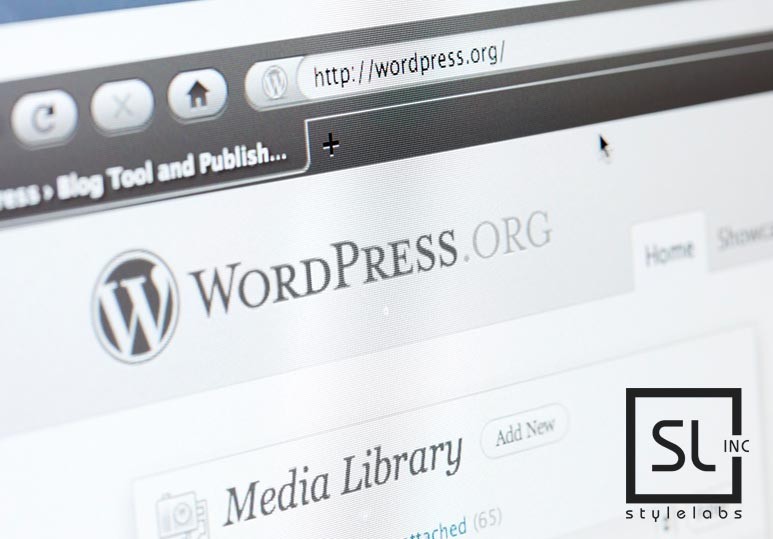In February, I decided to take a month off Facebook. As many of you know, I use this channel quite frequently and in the process, I started feeling like I was getting “addicted” to being plugged in. My goal was to see how much impact “partially unplugging” would have on both my personal and professional life.
Personal Impact Of My Facebook Cleanse
The first few days were tough. I would have these great ‘aha’ moments at work or while reading and no outlet to share them.
Unconsciously I would be looking for the Facebook icon on my phone so that I could mindlessly scroll through opinions, fabricated “slice of life” posts and random pictures of people’s food - all of which never really brought any true value to my life.
To be fair, there were certain points during this process where I would feel bored or just discontent and didn’t know what to do with myself. Something was missing.
In 30 days I received messages from 54 people (I still used messenger for communication and work) wondering where I was and when I was going to come back with more motivational content. Some people shared with me that my posts had inspired them to take bigger risks, lose weight, read, volunteer and become a better contributing family member. They were disappointed that I had disappeared and felt I had a responsibility to stay visible and write. One person even threatened to (and did) “unfriended me” because she felt I was being selfish.
Professional Impact Of My Facebook Cleanse
Disconnecting from Social Media cost our company a noticeable amount of revenue over the course of a month. I didn’t know how much my personal brand contributed to StyleLabs and Silent Salesman and the impact it had on our bottom line.
I still ended up getting residual Google search lead generation from previous posts but the sharp decline was noticeable.
Overall Outcome
A very successful experiment. I observed that as my screen time declined, my re-emergence into the “real world” became very gratifying.
I am convinced that although Social Media is an amazing communication tool, there is an inadvertent and ongoing “digital hangover” that we should be conscious of.
Here is what I personally noticed:
- My latent stress and anxiety disappeared.
- My brain fog disappeared.
- I was much more present with my friends and loved ones.
- I was calmer.
- I found innovative ways to drive business to close the gap this experiment had caused.
- I started feeling happy for people when they succeeded instead of discontent with myself.
- I became... happier.
We spend more time on our phones and devices than we do living our lives. We are radiating ourselves and living in this pseudo-reality where everyone’s lives are perfect and ours suck. Our kids are growing up right in front of us, but we’re too busy to notice because we’re too busy texting, liking, commenting and friending online. It’s contagious and we’re passing it on to our little ones.
Consequently, we are seeing phenomenons like Blue Whale and Momo where predators are influencing our children to hurt themselves. Kids, who were born into this digital era see these things as legitimate threats and we are seeing huge spikes in depression, mental illness, anxiety and raging suicide culture.
The world has gone digital, everything and everyone is plugged in and disconnecting is not an option.
Through this process I thought carefully about how I can start making meaningful changes and derived the following:
- Limit cellular data to bare essentials like GPS, Find Phone and SMS.
- Power off 2 hours before bed. Get a landline for family emergencies (you can get an Ooma line for under $5)
- Put your device away during meals and meetings.
- Limit children’s device usage during outings. (Re)Introduce them to a world of board games, playing outside and actually talking.
Moving forward is mandatory, but sometimes, the solutions to modern world problems lie in reverting to our roots.
You know when:
- You didn’t need to swipe to find love.
- Picking up the phone was good business (still is)
- Going on a date didn’t involve goofing off at Starbucks with a device on your face.
We’ve come a long way. Maybe, we need to slow down.



